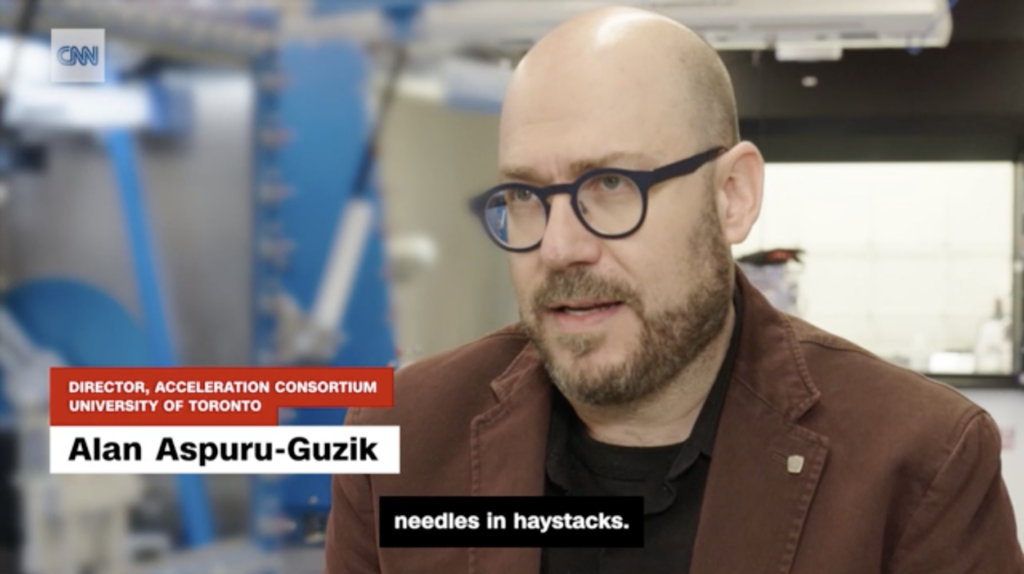Acceleration Consortium
The Acceleration Consortium is leading a paradigm shift in scientific discovery through the development of self-driving artificial intelligence-guided robotic labs that accelerate the discovery of advanced materials and small molecules, from decades to years. The consortium addresses fundamental topics, such as deep learning algorithms, materials modelling, and robotics and applied challenges, such as discovering materials for a wide range of commercial applications. The Acceleration Consortium supports a commercialization-focused ecosystem that aims to translates materials discoveries through start-ups and industry partnerships.
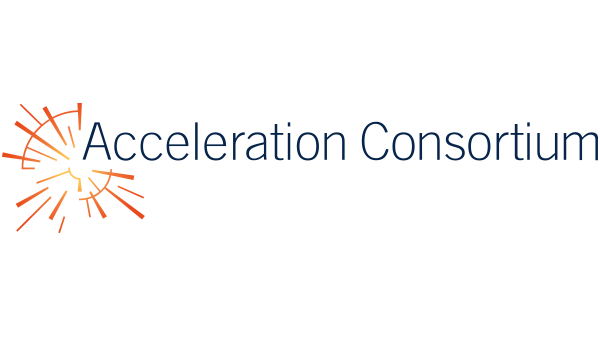
Accelerate 2025
Registration and abstract submissions now open.
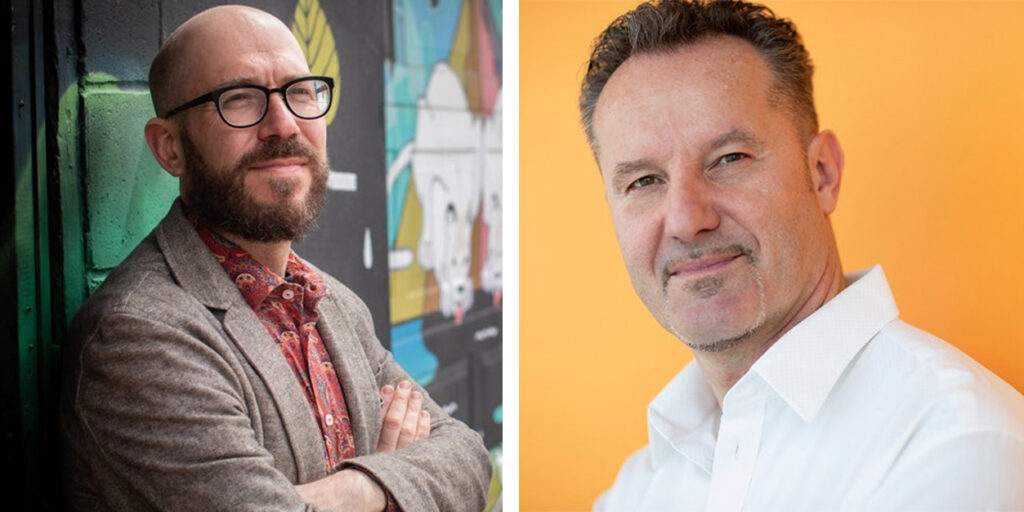
AI and quantum computing used to target 'undruggable' cancer protein
Research co-led by University of Toronto researchers and Insilico Medicine has demonstrated the potential of quantum computing and artificial intelligence to transform the drug discovery pipeline. In the study published in Nature Biotechnology, the researchers combined quantum computing and generative AI with classical computing methods to create molecules targeting a cancer-driving protein called KRAS, which had previously been considered […]
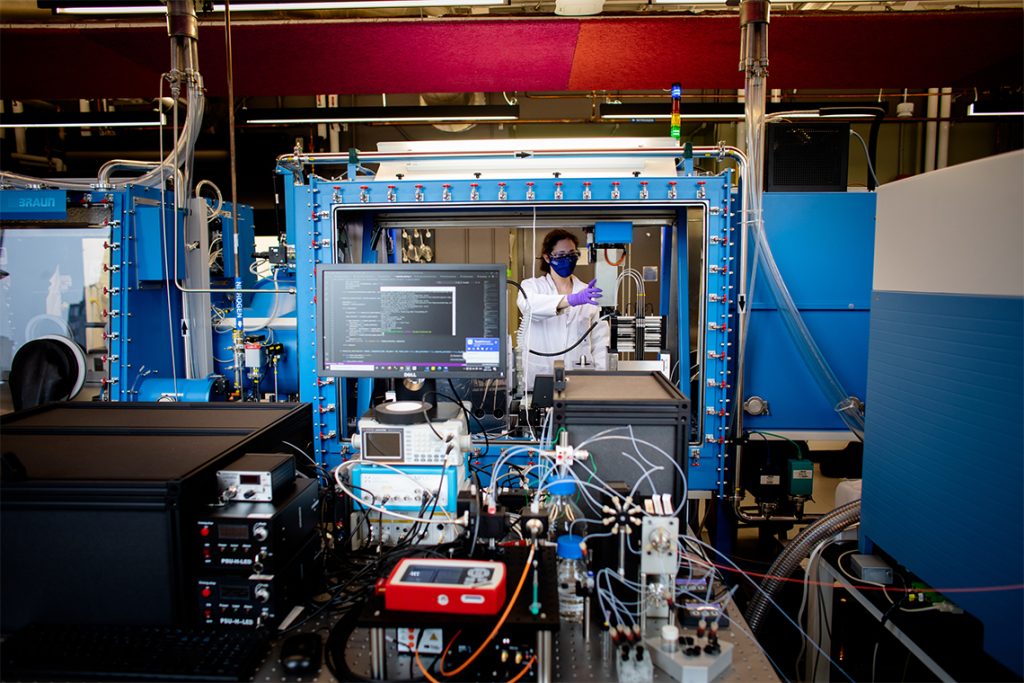
Self-driving laboratories, advanced immunotherapies and five more technologies to watch in 2025
Nature magazine: Self-driving labs, such as this one at the Acceleration Consortium in Toronto, Canada, use algorithms and robots to advance materials science.

ShiftEDIing Gears
The Mitochondrial Innovation Initiative (MITO2i), in collaboration with the Acceleration Consortium (AC), will be hosting a free two-day workshop, designed to foster discussions on equity, diversity, and inclusivity (EDI) in healthcare self-driving labs (SDLs).

Accelerate Conference
We’re excited to announce that our third annual conference is hitting the road! Save the date for the Acceleration Consortium’s 2024 Accelerate conference from August 6 to 9 in Vancouver, cohosted with our partner, the University of British Columbia (UBC). Join us to explore how self-driving labs are revolutionizing materials and molecular discovery through the power of AI, robotics, and advanced computing. […]

Deputy prime minister meets with university leaders, researchers, grad students at U of T's Acceleration Consortium
Deputy Prime Minister and Finance Minister Chrystia Freeland toured athe Acceleration Consortium’s Matter Lab on Friday – just days after announcing a transformative investment in the next generation of research leaders who will propel Canada to the forefront of global innovation.
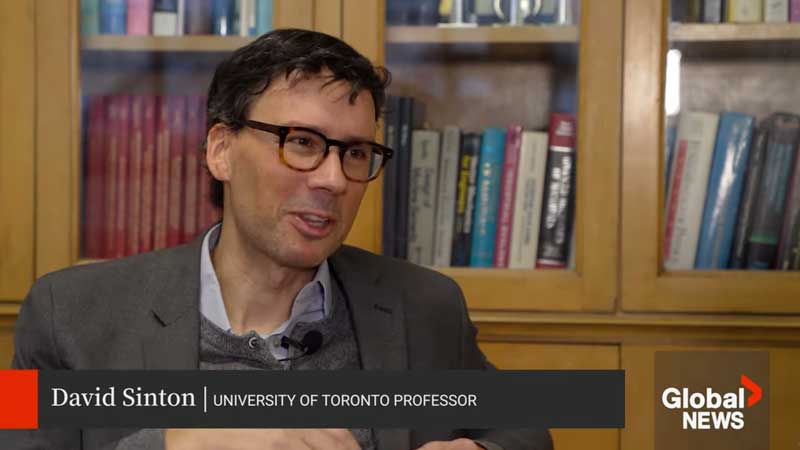
Global News: What is a self-driving lab? How AI is helping accelerate the fight against climate change
Alyssa Julie of Global news reports on the work of the Sinton Lab.
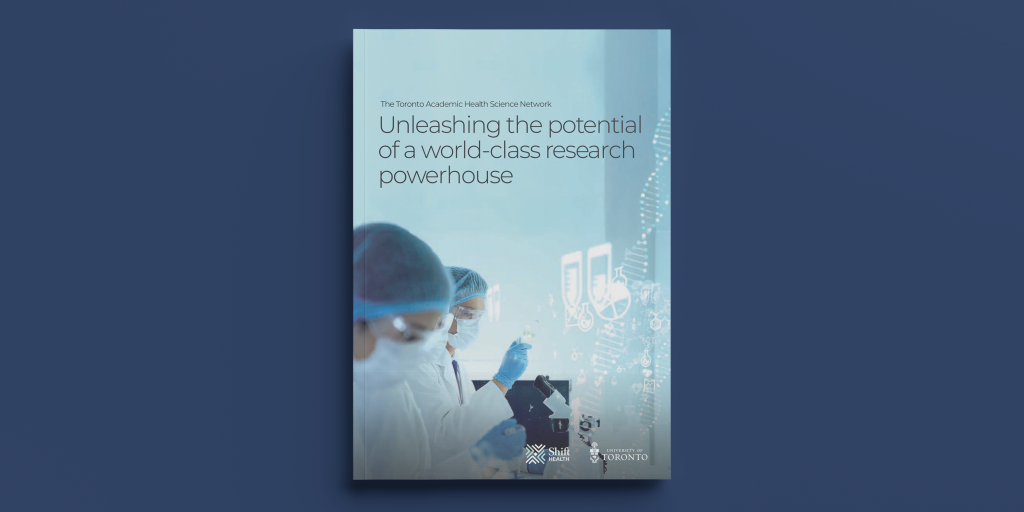
U of T-anchored hospital network among leading life sciences research hubs, report finds
The University of Toronto and its partner hospitals are propelling the Toronto region as a leading global hub for life sciences research – but its success is at risk from underinvestment. That’s among the findings of a new report that examines the strengths and challenges within the Toronto Academic Health Science Network (TAHSN) – which comprises U of T […]
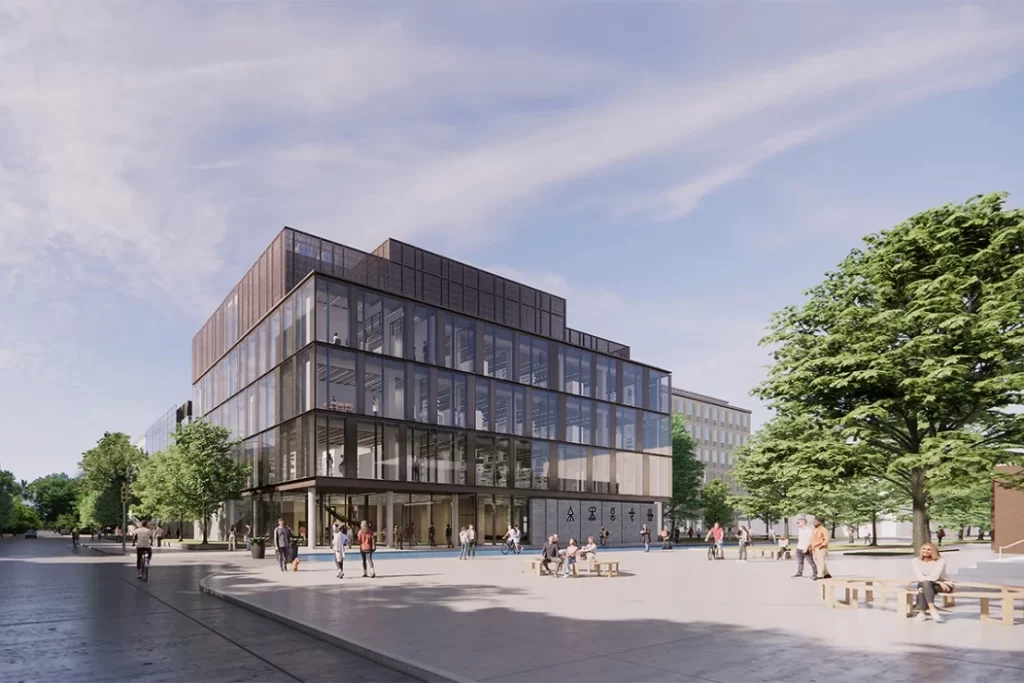
U of T breaks ground on a new home for the Acceleration Consortium
The university recently held a groundbreaking ceremony to mark the expansion of the Lash Miller building on the St. George campus – a place that will serve as the new home of the Acceleration Consortium while providing improved facilities for the department of chemistry.
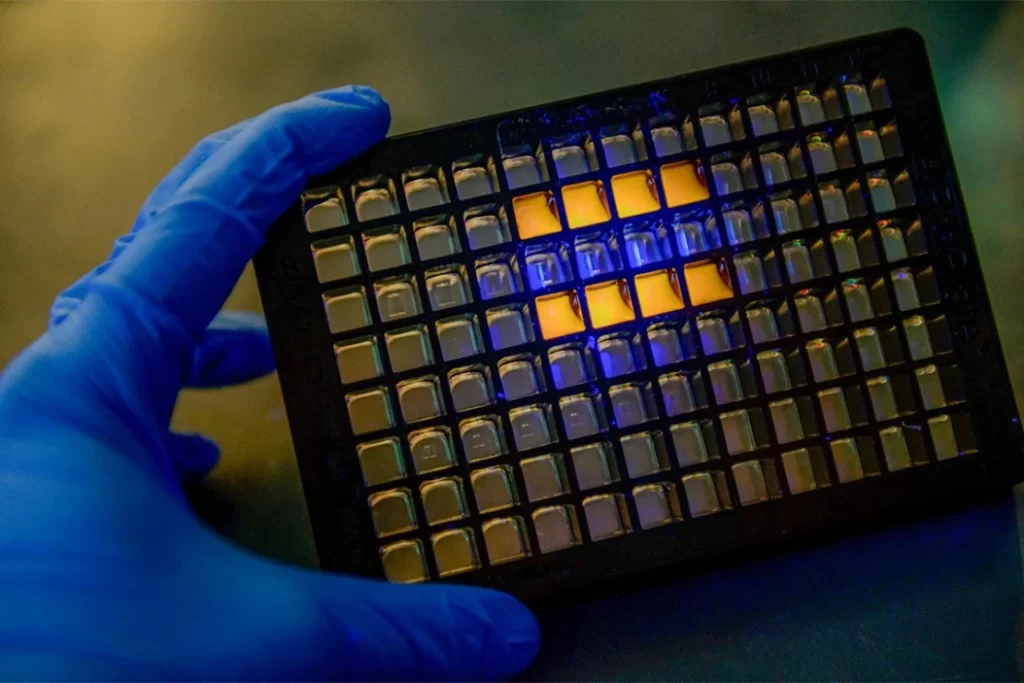
U of T 'self-driving lab' to focus on next-gen human tissue models
The Self-Driving Laboratory for Human Organ Mimicry is the latest self-driving lab to spring from a historic $200-million grant from the Canada First Research Excellence Fund to the Acceleration Consortium
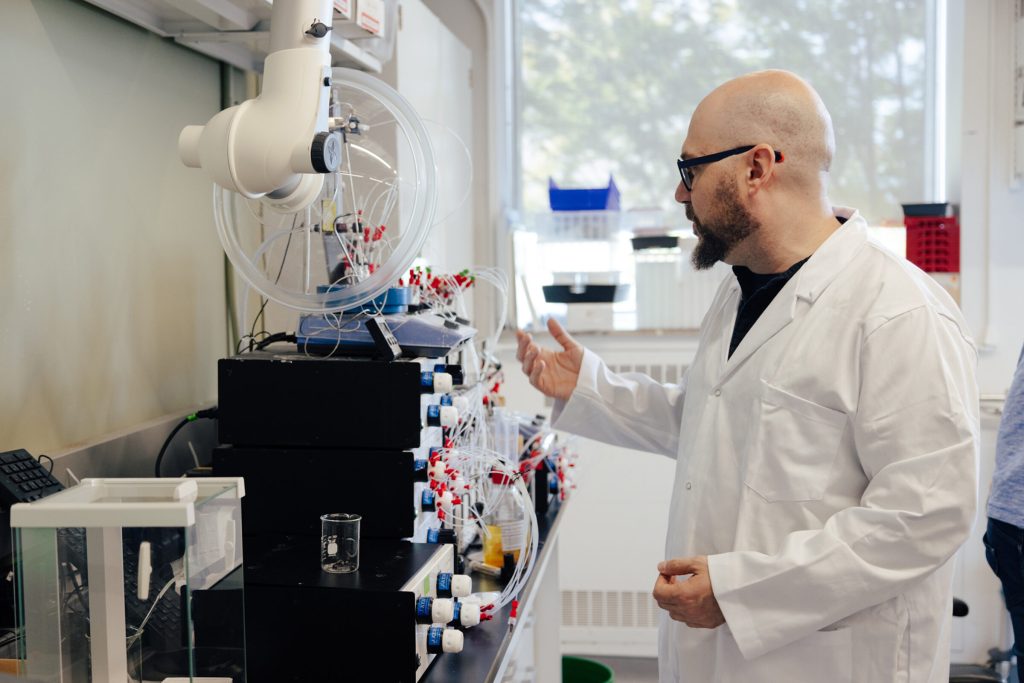
The Lab That (Almost) Runs Itself
Robots and AI are changing how we do science, making it faster, cheaper and more productive. By Scott Anderson for U of T Magazine

